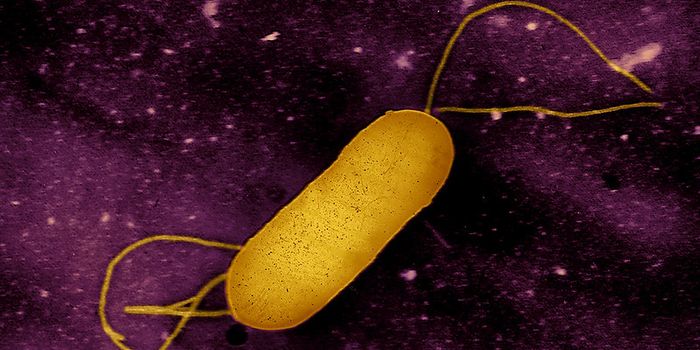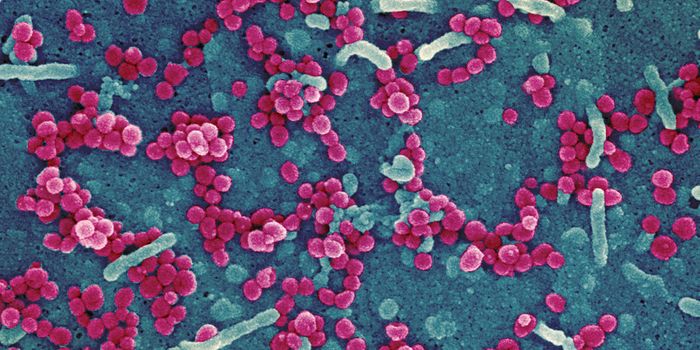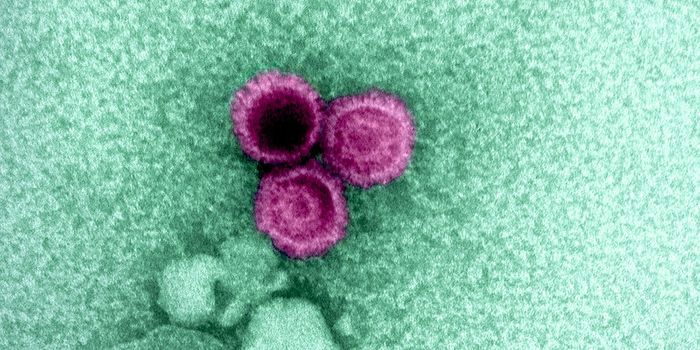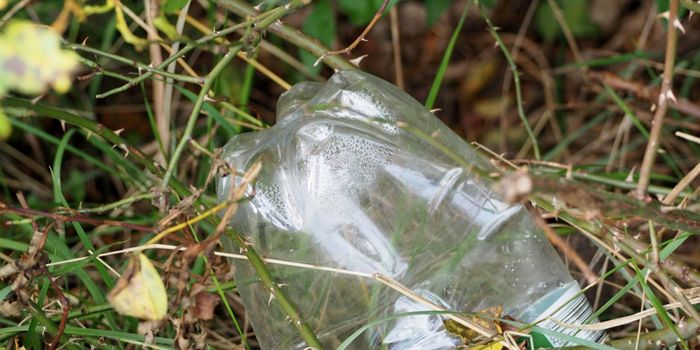Drought is not an unusual phenomenon. California experienced years of drought conditions and many places in the American west are experiencing dry conditions. Plants, grasses and crops whither and die from excess sun and inadequate moisture, and helping them deal with severe weather like drought is likely to become more and more relevant and important due to climate change.
New research done at the University of Washington and published in Current Plant Biology has shown that microorganisms can help plants tolerate stress and drought. Their work indicates that the addition of natural microbes to plants keeps them greener longer and aids their ability to tolerate the stress of inadequate water; the plants do this by growing more roots and leaves and using less water.
"Plants are less stressed if they have these natural microbes," explained the senior author of the work, Sharon Doty, a UW Professor of Environmental and Forest Sciences. "They will help plants deal with environmental challenges, especially with climate change."
Doty’s lab has been pursuing the microbial impact on plants for the last 15 years. Her team has previously demonstrated that microbes can serve as a sort of fertilizer that allows plants to grow in normally inhospitable conditions. Understanding how microbes can aid in agriculture could result in more environmentally friendly ways to grow grains, vegetables and other foods like fruit and nuts, or to keep grass green and lush without chemical treatments.
"The more I learn, the more I do research in this field, the more exciting it gets, especially in the applied aspects," commented Zareen Khan, a UW research scientist in environmental and forest sciences and lead author of the work. "I think this knowledge can be used to develop strategies to face the challenges of climate change."
The researchers utilized young poplar trees, fast growing trees that are popular for renewable energy purposes, to assess their drought tolerance over a month both with and without the addition of microbes called endophytes. Endophytes are bacteria that typically live inside of a plant but do not cause disease. While poplers have microbes inside naturally already, the investigators learned that adding microbes from wild poplar and willow was beneficial.
Poplars that received the probiotic cocktail had a nearly 30 percent increase in leaf and stem growth and doubled their root biomass compared to poplars that were not treated. When exposed to drought conditions, the treated poplars stayed green and kept healthy leaves and stems, while untreated plants wilted.
"Plants are overall greener and healthier if they have these microbes," Doty added.
"One of the limitations of biofuel is large-scale production," Khan explained. "If we can reduce water usage on poplar-tree plantations by adding naturally occurring endophytes, then that could provide huge economic and environmental benefits."
"Endophytes are helping plants make more roots, so they have more surface area to hang onto water and survive the stress of drought longer. Finding the most beneficial ones for the job is the key in using this technology," Khan concluded.
One company called Intrinsyx Technologies is collaborating with the scientists to investigate this relationship in agriculture, to see how microbes can help food crops continue to have positive yields of vegetables in hot and dry weather.
"Having microbes that can help plants establish early, grow fast and protect them from some of the stresses in their environment, especially drought, is a big deal," said John Freeman, chief science officer at Intrinsyx who works with Doty's team at the UW. "Using these endophytes in agricultural settings holds a lot of promise for growers and farmers."
Sources:
Science Daily via
University of Washington,
Current Plant Biology



![[Guide] 7 Strategies to Boost Laboratory Collaboration](https://d3bkbkx82g74b8.cloudfront.net/eyJidWNrZXQiOiJsYWJyb290cy1pbWFnZXMiLCJrZXkiOiJjb250ZW50X2FydGljbGVfcHJvZmlsZV9pbWFnZV83YzBjZWIwM2Y5YzI4MmFlYzBhZDZhMTcyNTQ1ZGU3YmE4Y2MzMDYyXzUxNDkuanBnIiwiZWRpdHMiOnsidG9Gb3JtYXQiOiJqcGciLCJyZXNpemUiOnsid2lkdGgiOjcwMCwiaGVpZ2h0IjozNTAsImZpdCI6ImNvdmVyIiwicG9zaXRpb24iOiJjZW50ZXIiLCJiYWNrZ3JvdW5kIjoiI2ZmZiJ9LCJmbGF0dGVuIjp7ImJhY2tncm91bmQiOiIjZmZmIn19fQ==)






